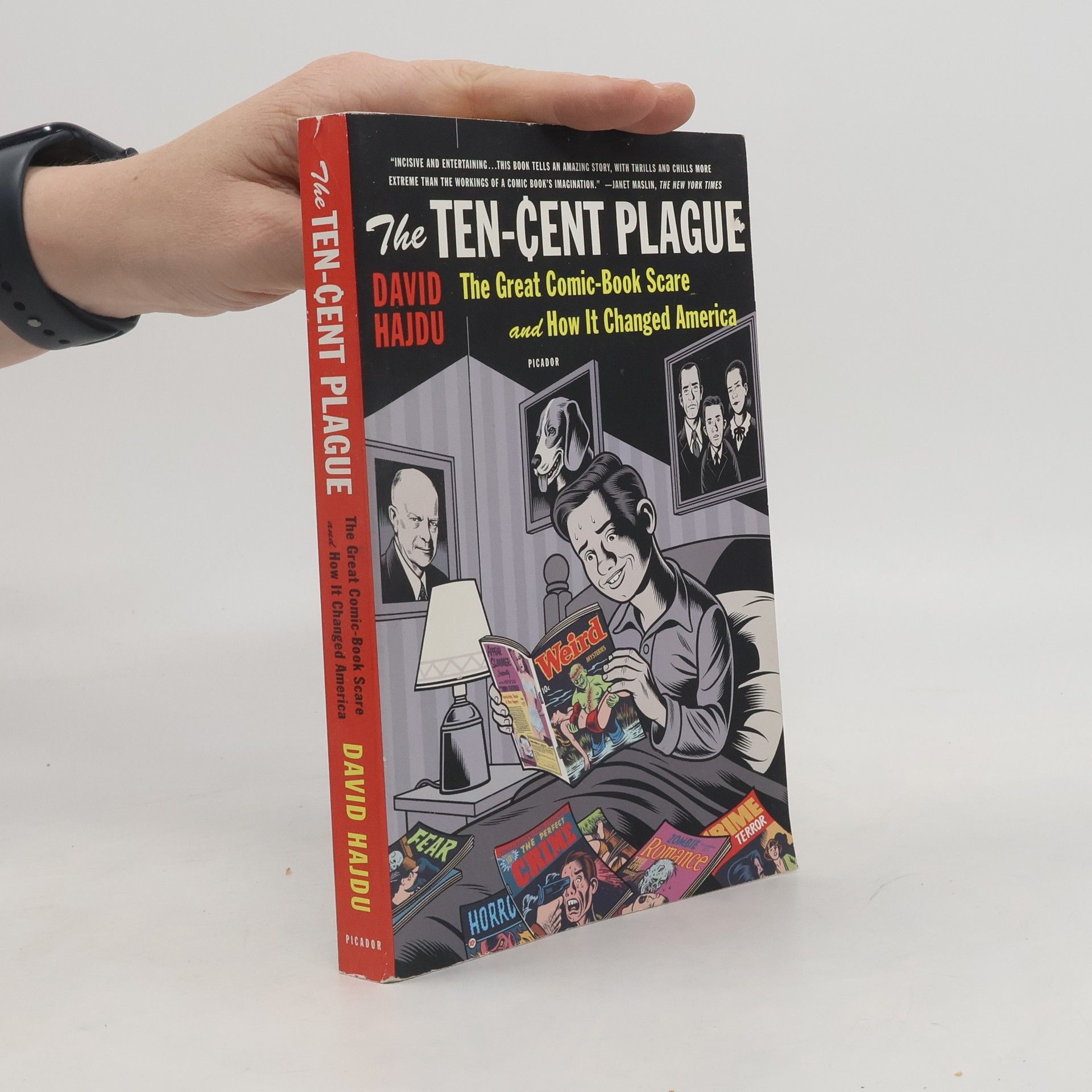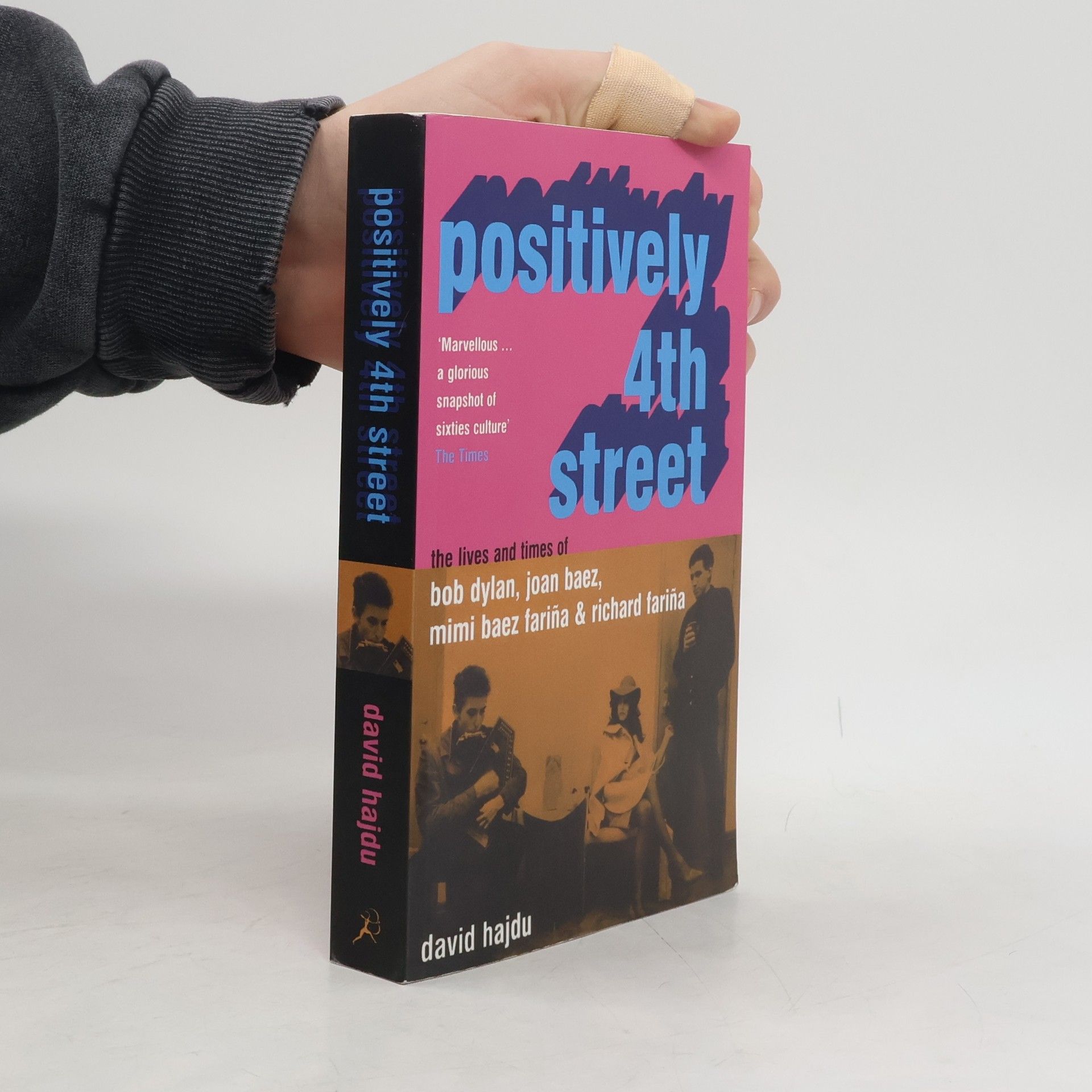Positively 4th Street
The Lives and Times of Joan Baez, Bob Dylan, Mimi Baez Fariña, and Richard Fariña
- 336 Seiten
- 12 Lesestunden
In 1966 when Bob Dylan, age twenty-five, disappeared from public view, he closed a chapter on one of the most fascinating stories in post-war cultural history. In just five years Dylan had become a spokesman for the counterculture; Greenwich Village the epicentre of youth style; and folk music - once played by earnest throwbacks - had been crossed with rock 'n' roll to form a thoughtful, literate, new musical style. POSITIVELY 4th STREET relates just how folk became rock by looking at four young beatniks and their rise to fame: Bob Dylan, his part-time lover Joan Baez, her sister Mimi, and Mimi's husband, the writer Richard Farina. It is that rare find - a new story to tell of a moment no one can forget.


